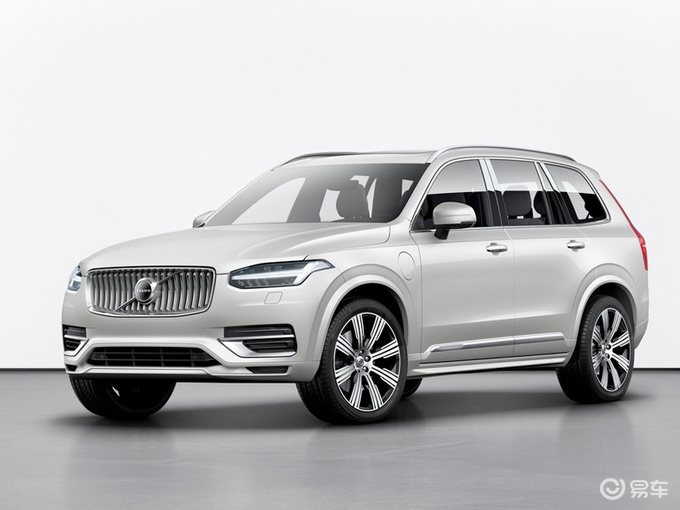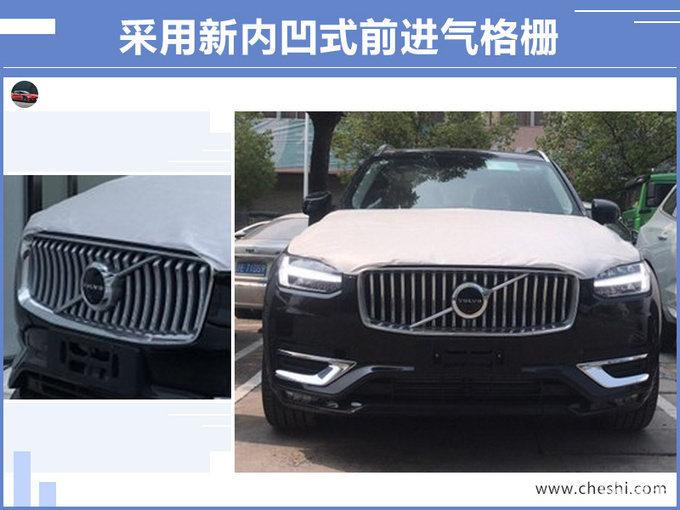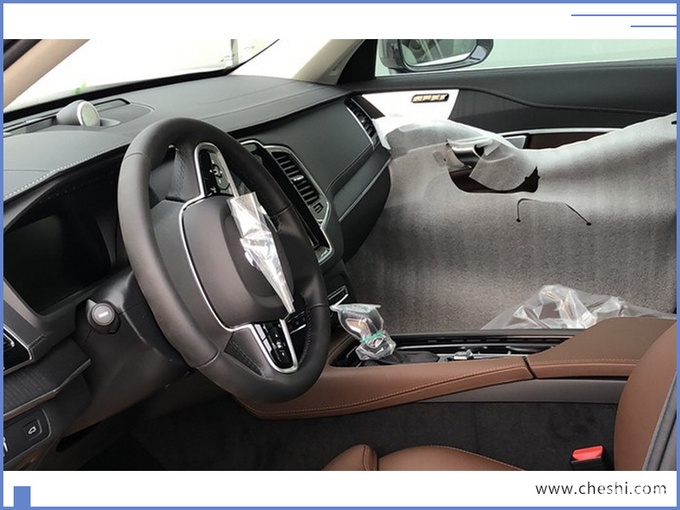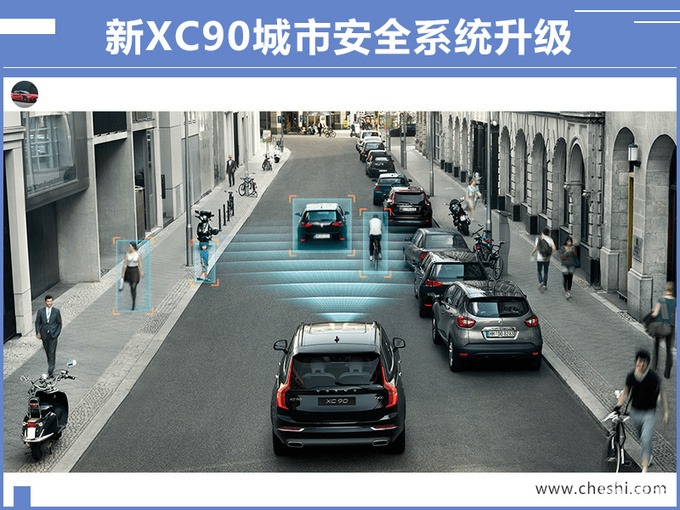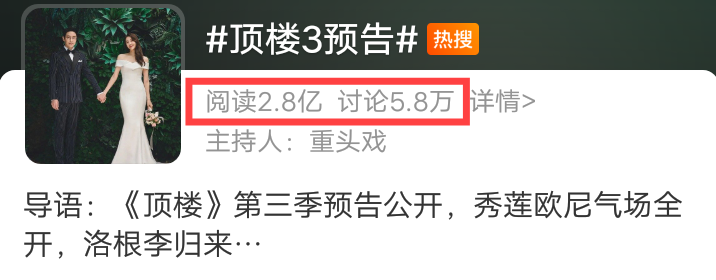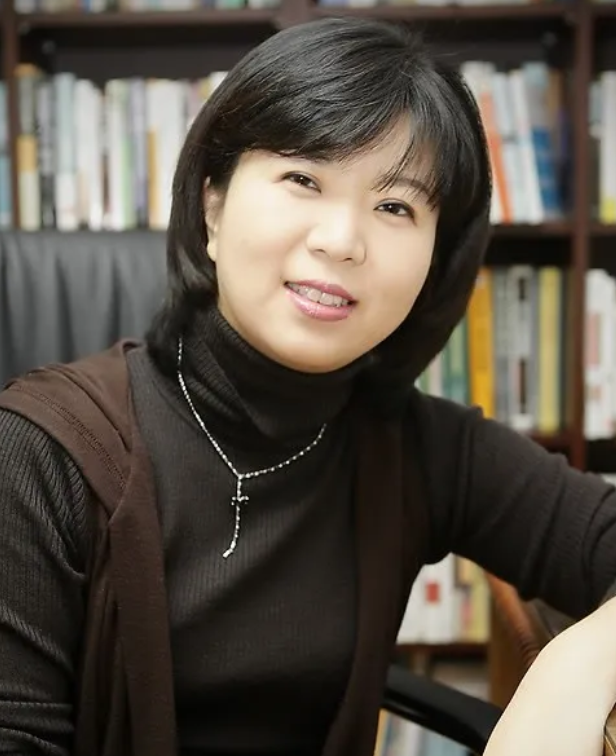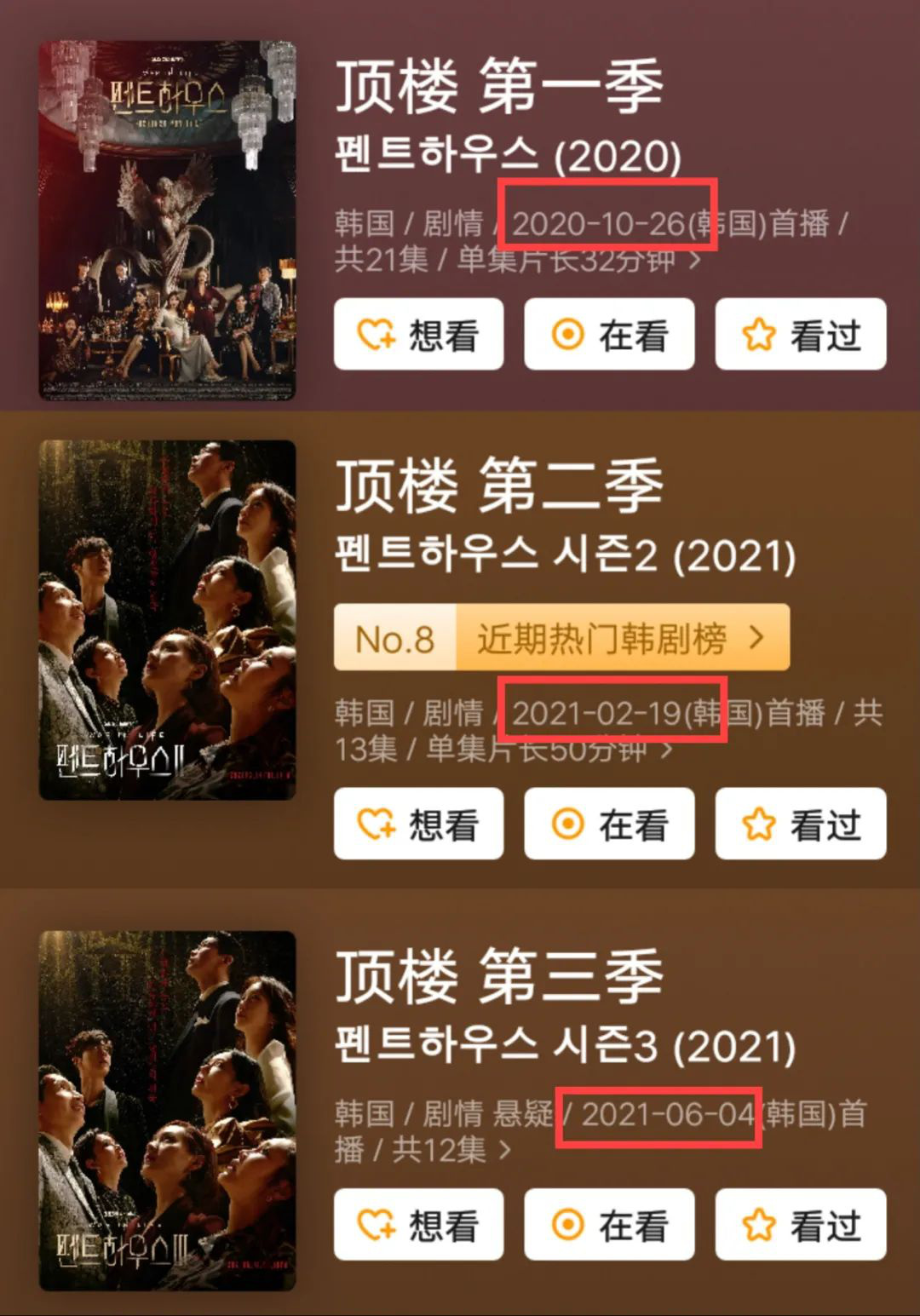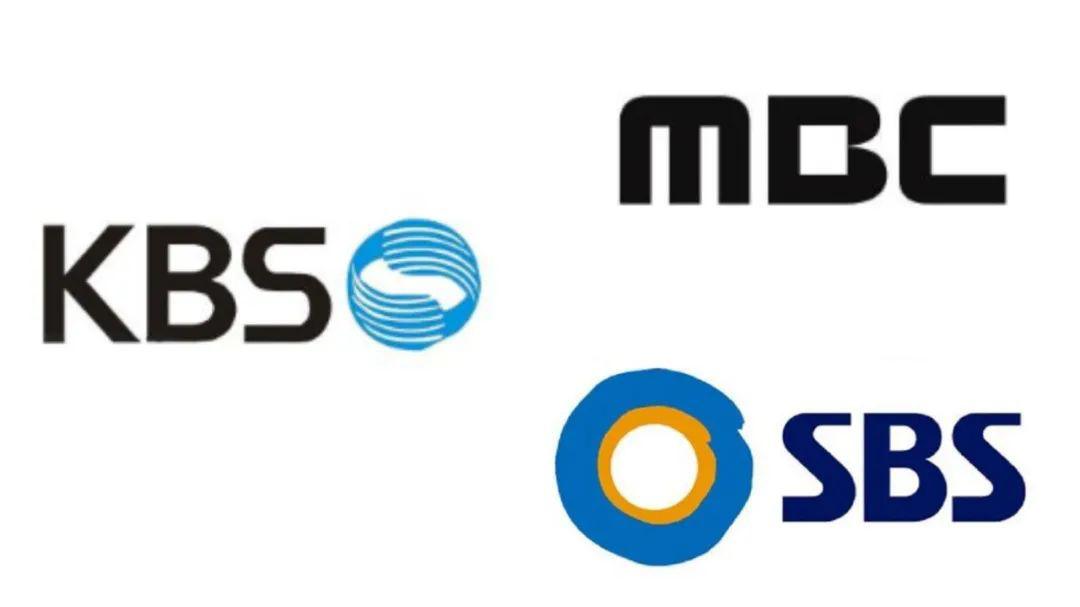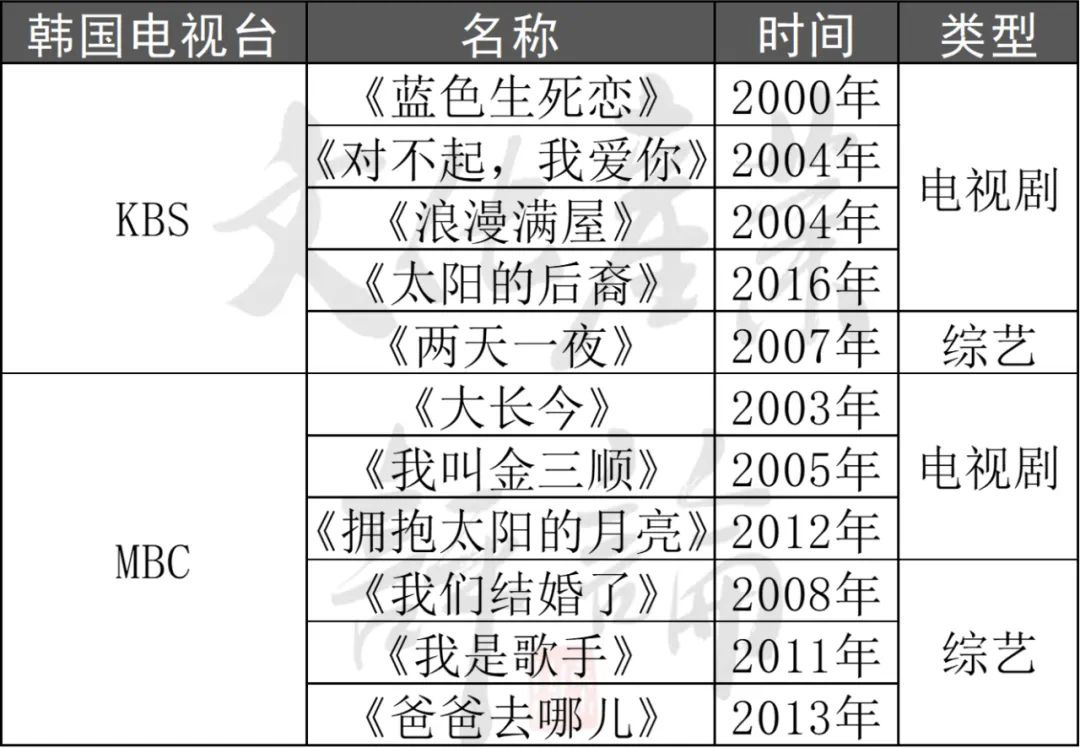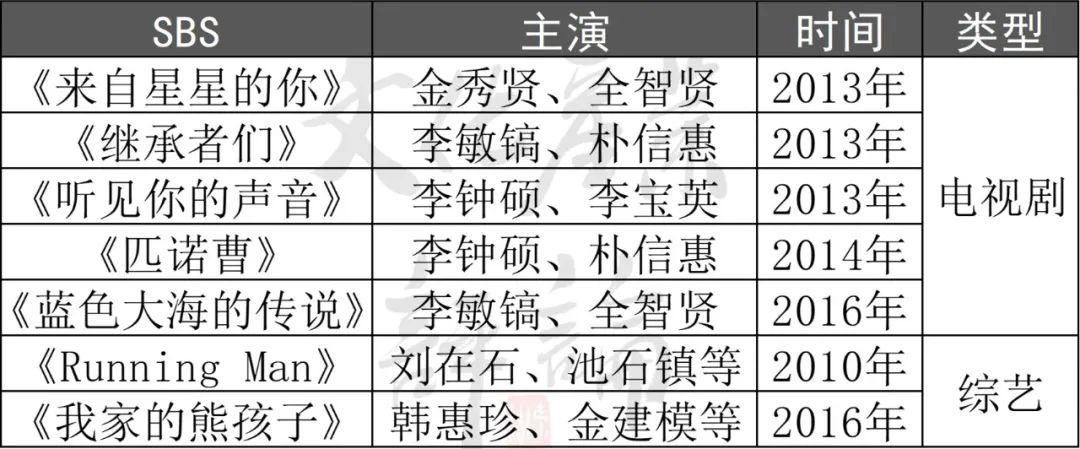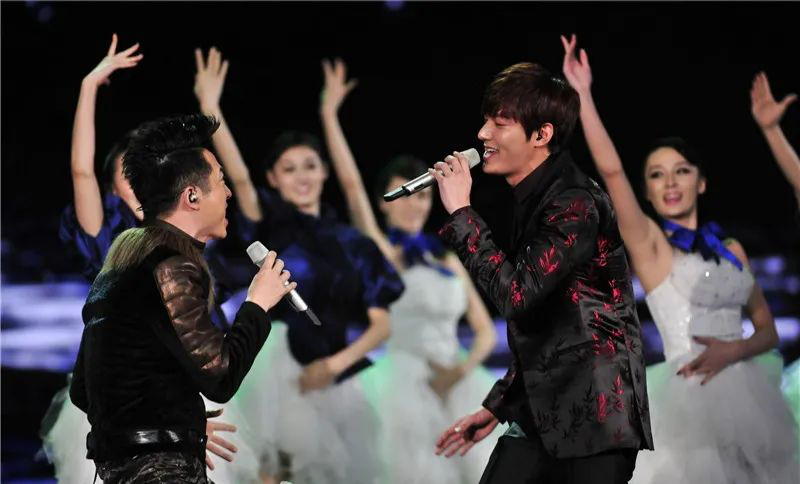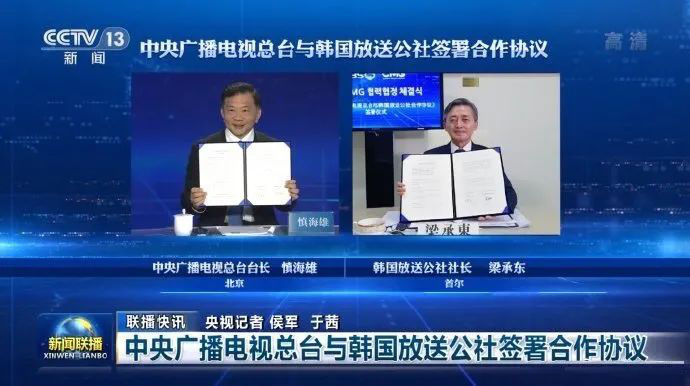the Supreme People’s Court
About speeding up the construction of a unified national market
Opinions on providing judicial services and guarantees
Fa Fa Fa [2022] No.22
In order to thoroughly implement the spirit of the 19th National Congress of the Communist Party of China and its previous plenary sessions, conscientiously implement the Opinions of the Central Committee of the Communist Party of China and the State Council on Accelerating the Construction of a National Unified Market, give full play to the functions of the people’s courts, and provide high-quality judicial services and guarantees for accelerating the construction of a national unified market, this opinion is formulated in light of the actual work of the people’s courts.
I. General requirements
1 effectively enhance the sense of responsibility and mission to provide judicial services and guarantees for accelerating the construction of a unified national market. Accelerating the construction of an efficient, standardized, fair competition and fully open national unified market is a major strategic deployment made by the CPC Central Committee with the Supreme Leader as the core from the overall situation and strategic height, and is the basic support and inherent requirement for building a new development pattern. People’s courts at all levels should effectively unify their thoughts and actions with the major strategic deployment of the CPC Central Committee, profoundly grasp the decisive significance of the "two establishment", enhance the "four consciousnesses", strengthen the "four self-confidences" and achieve the "two maintenance", constantly improve their political judgment, political understanding and political execution, persist in serving the overall situation, administer justice for the people and impartially, faithfully perform their duties entrusted by the Constitution and laws, and give full play to the norms of the rule of law.
2. Accurately grasp the entry point and focus of providing judicial services and guarantees for accelerating the construction of a unified national market. People’s courts at all levels should closely focus on the major decision-making arrangements of the CPC Central Committee, adhere to the "two unswerving", adhere to the problem orientation, implement the new development concept completely, accurately and comprehensively, strengthen the system concept, pay attention to coordination, take an active role, and make overall plans to examine and implement all fields and links accurately, and coordinate the unified protection of market subjects, factors, rules and order. The five main objectives of benchmarking are to continuously promote the efficient and smooth domestic market and scale expansion, accelerate the creation of a stable, fair, transparent and predictable business environment, further reduce market transaction costs, promote scientific and technological innovation and industrial upgrading, and cultivate new advantages in participating in international competition and cooperation. We will improve judicial policies, innovate working mechanisms, improve judicial quality and efficiency, continuously improve the effectiveness of judicial service guarantee, give full play to the decisive role of the market in resource allocation, and provide a strong foundation for building a high-standard market system and a high-level socialist market economic system.
Second, strengthen the unified and equal protection of market players
3. Help implement unified market access. According to the law, we will try disputes over construction projects, real estate, mineral resources, allocation of water, electricity, gas, heat and other factors and market access contracts, accurately grasp the impact of market access liberalization in natural monopoly industries and service industries on the effectiveness of contracts, and strictly implement the policy of "entry without prohibition". We will try administrative cases involving market access according to law, support classification and promote the reform of the administrative examination and approval system, and curb improper intervention in economic activities, especially abuse of administrative power to exclude and restrict competition. Strengthen the incidental review of administrative normative documents such as the negative list of market access and the list of preferential policies for enterprises, and urge administrative organs to promptly clean up and abolish normative documents containing local protection, market segmentation, designated transactions and other obstacles to unified market and fair competition, and break down local protection and regional barriers.
4. Strengthen equal protection of property rights. Adhere to the equal litigation status, equal legal application and equal legal liability of all market entities, and equally protect the legitimate rights and interests of all market entities according to law. Strictly distinguish economic disputes, administrative violations and criminal offences, resolutely prevent economic disputes from being treated as crimes, and resolutely prevent civil liability from being turned into criminal liability. Punish illegal and criminal acts of infringing property rights according to law, improve the recovery and disposal mechanism of property involved, and maximize the recovery and loss. Fully implement the concept of civilized implementation in good faith, further standardize compulsory measures related to property rights, prohibit illegal seizure of property that exceeds the standard, and flexibly adopt measures of seizure and price change to effectively release the use value and financing function of seized property. We will improve the mechanisms for appealing and retrial of property rights cases involving enterprises, and improve the effective prevention and correction mechanism for cases involving property rights wrongs. Support the standardization of compulsory measures related to property rights in the field of administrative law enforcement, and safeguard the autonomy of market entities in operation according to law.
5. protect the legitimate rights and interests of Chinese and foreign parties equally according to law. Study and formulate judicial interpretations such as legal identification and application of international treaties and international practices, and accurately apply foreign laws and international treaties and international practices. Optimize the litigation jurisdiction mechanism of foreign-related civil and commercial disputes, and study and formulate the judicial interpretation of foreign-related civil and commercial cases of first instance. Strengthen judicial assistance, improve the foreign service mechanism, and promote the establishment of a unified platform for foreign service. Promote the substantive operation of international commercial courts, improve the working mechanism of international commercial expert committees, improve the one-stop information platform for international commercial dispute resolution, realize the organic connection of mediation, arbitration and litigation, and strive to create a new highland for international commercial dispute resolution. Accurately apply foreign investment laws and regulations, fully implement the system of national treatment plus negative list before foreign investment access, safeguard the effectiveness of foreign investment contracts according to law, and promote fair competition between domestic and foreign-funded enterprises. We will promote the construction of an extraterritorial applicable legal system in China and protect the legitimate rights and interests of "going out" enterprises and citizens according to law.
6. Improve the rescue and withdrawal mechanism of market players. Adhere to the direction of marketization, rule of law, specialization and informatization in bankruptcy trials, handle bankruptcy cases steadily according to law, and promote the survival of the fittest. Adhere to the policy of accurate identification and classification, actively apply bankruptcy reorganization and bankruptcy reconciliation procedures to enterprises that are in financial difficulties but still have development prospects and rescue value, promote the optimal combination of production factors and the transformation and upgrading of enterprises, revitalize enterprises and make the allocation of market resources more efficient. Actively promote the improvement of bankruptcy legal system and supporting mechanism, improve the orderly connection mechanism between implementation and bankruptcy work, promote the revision of enterprise bankruptcy law and individual bankruptcy legislation, promote the establishment of bankruptcy administrators association and special fund for bankruptcy expenses, and promote the establishment of a normalized coordination mechanism of "government-hospital linkage".
7. Timely cash in the rights and interests of market participants in accordance with the law. We will further improve and perfect the overall pattern of comprehensive management of implementation difficulties, strengthen the comprehensive management of implementation difficulties and the evaluation of source management, promote the integration of implementation work into grass-roots grid management, improve the coordination mechanism of trial and execution, and ensure that the goal of "effectively solving implementation difficulties" is realized as scheduled. Further strengthen the implementation of information construction, expand and upgrade system functions, strengthen the management of implementation nodes, and improve the automation and intelligence level of implementation process supervision. Explore the establishment of a system of lawyers investigating the property of the executed person, and promote the implementation of systems such as entrusted audit investigation, notarization and evidence collection, and reward reporting. Explore the establishment of an accountability mechanism for failing to perform the obligation of assisting in execution, establish a system to prevent and stop evasion of execution, and punish illegal acts according to law. Cooperate with the legislative work of enforcement law, formulate or revise judicial interpretations such as the enforcement of creditor’s rights, and improve the system of enforcement laws and regulations.
Third, help build a unified factor and resource market
8. Support and improve the unified land market in urban and rural areas. Properly handle disputes involving "separation of powers" of rural land, and promote the orderly transfer of land management rights. According to the law, we will try disputes over the entry of rural collective construction land into the market, and support the acceleration of the construction of a unified urban and rural construction land market with the same rights and prices, smooth circulation and revenue sharing. With the goal of revitalizing the use of land, properly handle cases involving the disposal of land assets in the reform and restructuring of state-owned enterprises and institutions, the determination of property rights of land assets allocated in stock, and listing transactions. Trial of disputes over the transfer, lease and mortgage of the right to use construction land according to law to ensure the standardized and efficient use of construction land. Adapt to the adjustment of land supply policy, and unify the judgment scale of disputes over the transfer and transfer of state-owned land use rights.
9. Support the development of a unified capital market. Severely punish financial crimes such as market manipulation, insider trading, illegal fund-raising, loan fraud and money laundering according to law, and promote the healthy development of the financial market. Properly handle cases such as financial loan contracts, securities, futures transactions and bill disputes, and standardize the order of investment and financing in the capital market. Handle disputes related to supply chain finance, internet finance, disposal of non-performing assets, private investment funds and other issues in accordance with the law to help prevent and resolve financial risks. We will improve the trial rules for new disputes such as private equity investment, entrusted wealth management, asset securitization and cross-border financial asset transactions, strengthen the research on legal issues such as digital currency and mobile payment, and serve to ensure the innovative development of the financial industry.
10. Support the construction of a unified technology and data market. Strengthen the judicial protection of ownership, use right, disposal right and income right of scientific and technological achievements, properly handle disputes arising from the determination of ownership, right transfer, right pledge, value determination and benefit distribution of scientific and technological achievements, and support the market-oriented application of scientific and technological innovations according to law. Protect the legitimate rights and interests of data owners on data control, processing and income, as well as the property rights and interests of data products developed by data element market participants on the basis of legally collected and self-generated data, properly handle all kinds of cases arising from data transactions and unfair competition in the data market, and provide judicial guarantee for cultivating data-driven cross-border integration, co-creation and sharing, and fair competition in the data element market. Strengthen the research on legal issues such as the attribute, form, ownership and public data sharing mechanism of data property rights, and accelerate the improvement of judicial protection rules for data property rights.
11. Support the construction of a unified national energy and ecological environment market. We will try disputes involving oil and gas futures products, natural gas, electricity and coal trading according to law, severely punish illegal and criminal acts such as oil and gas, natural gas, electricity and coal exploitation and illegal trading according to law, and promote the legal and orderly development and utilization of resources. Study and issue judicial policies to help peak carbon dioxide emissions achieve carbon neutrality, properly handle disputes concerning carbon emission quotas, voluntary emission reduction trading, carbon trading product guarantee, corporate environmental information disclosure, carbon-related green credit and green finance, and help improve the carbon emission trading mechanism. Fully and accurately apply the green principles and green clauses of the Civil Code, sort out new formats, new ownership and new problems in the field of carbon emission, and improve the arbitration rules for disputes concerning carbon emission rights, water rights, emission rights and energy use rights. Study and apply alternative compensation methods such as carbon sequestration subscription and technological transformation deduction, and guide enterprises to upgrade their production equipment and technology in a green way.
Four, according to the law to maintain a unified market trading rules.
12. Optimize the judicial guarantee mechanism for the business environment. The rule of law is the best business environment. According to the requirements of accelerating the construction of a unified national market, we will explore the establishment of an index system for the business environment of judicial service guarantee in line with China’s national conditions and international standards, and increase the proportion of the construction of the business environment of service guarantee in the evaluation work. Judicial interpretation and judicial policy on the construction of service guarantee business environment were introduced. Cooperate with relevant functional departments to carry out the pilot work of business environment innovation, formulate the implementation plan for building a business environment ruled by law, and establish a regular business environment consultation mechanism. Relying on judicial big data, establish a legal business environment analysis and judgment mechanism. Strengthen the publicity of judicial protection of business environment to boost the investment confidence of operators. Explore the establishment of the people’s court to optimize the business environment expert advisory Committee.
13. Help create a fair and honest trading environment. We will earnestly implement the Civil Code, issue a judicial interpretation of civil code contracts, implement the principles of freedom of contract, honesty and credit, protect legitimate trading behaviors, smooth the circulation of goods and services, and reduce market transaction costs. We will improve the supporting mechanism to promote the deep integration of socialist core values into trial execution, give full play to the functions of judicial adjudication in distinguishing right from wrong, punishing evil and promoting good, balancing interests, and dividing up disputes, and guide market participants to enhance their awareness of the rule of law, public awareness and rules. Establish a mechanism of prevention, identification and punishment in false litigation, and severely punish false litigation’s illegal and criminal acts according to law. Strengthen the credit punishment of those who have broken promises, improve the credit punishment system, refine the grading mechanism of credit punishment, revise and improve the regulations on the management of the list of those who have broken promises, and explore the establishment of trustworthy incentives and credit repair systems for those who have broken promises. Explore the deep integration path between the construction of social credit system and the trial execution of people’s courts, and promote the establishment and improvement of the collection, sharing and use mechanism of judicial big data related to the credit information of market entities.
14. Support the integration of regional markets. We will improve major regional strategies, develop judicial services and guarantee mechanisms in a coordinated manner, support Beijing-Tianjin-Hebei, Yangtze River Delta, Guangdong-Hong Kong-Macao Greater Bay Area, Chengdu-Chongqing twin-city economic circle and urban agglomerations in the middle reaches of the Yangtze River in accordance with the law, and give priority to the construction of regional market integration on the premise of maintaining a unified national market. Give full play to the role of the the Supreme People’s Court Circuit Court, improve the working mechanisms such as resource sharing, joint meetings and judge exchanges in the Circuit Court, and actively explore new ways of regional judicial cooperation. Improve the cross-domain judicial linkage and cooperation mechanism, and actively promote the typical experience and practice of judicial service to ensure regional market integration.
15 to promote the mainland and Hong Kong and Macao, the mainland and Taiwan Province rules convergence mechanism docking. Strengthen trials involving Hong Kong, Macao and Taiwan, and explore the establishment of a centralized jurisdiction mechanism for commercial cases involving Hong Kong, Macao and Taiwan. Strengthen mutual legal assistance, implement the arrangement of mutual assistance and preservation in arbitration procedures between the Mainland and Macao, and implement the mechanism of mutual recognition and assistance in bankruptcy procedures between the Mainland and Hong Kong. Explore and simplify the procedures for judicial confirmation of the qualifications of litigation subjects in Hong Kong and Macao and the examination and determination of litigation evidence, expand the channels for cross-border delivery of litigation documents in cases involving Hong Kong and Macao, and broaden the legal channels for mutual entrustment between the mainland and Hong Kong and Macao. We will promote the establishment of a unified certification mechanism for mediation organizations and mediators in Shenzhen, Hong Kong and Macao, improve the system of Hong Kong and Macao people serving as invited mediators and jurors, and safeguard the right of qualified Hong Kong and Macao lawyers to practice in Guangdong-Hong Kong-Macao Greater Bay Area according to law. We will improve the judicial exchange mechanism with Hong Kong, Macao and Taiwan, promote the establishment of a normalization mechanism for the professional discussion of judges in Guangdong, Hong Kong and Macao, and support the courts on both sides of the Taiwan Strait to carry out practical exchanges.
16. Strengthen the convergence between domestic laws and international rules. Adhere to the overall promotion of domestic and foreign-related rule of law, vigorously promote the modernization of foreign-related trial system and trial capacity, strengthen the trial guidance of major foreign-related civil and commercial cases, explore the multilingual publication of foreign-related civil and commercial guidance cases, and expand the international influence and credibility of China judicial decisions. We will implement the strategy of maritime trial excellence, accelerate the construction of an international maritime judicial center, explore and improve the trial rules for new types of cases, such as the opening of shipping business, international ship registration, coastal piggyback, and ship financial leasing, so as to create an optimal place for the settlement of international maritime disputes. Strengthen cooperation with relevant international organizations, countries and regions in the judicial field, and intensify the crackdown on cross-border crimes such as smuggling, money laundering, online fraud and cross-border corruption. Actively participate in the formulation of international rules in the fields of international trade, intellectual property rights, environmental protection and cyberspace, and enhance China’s right to speak in international economic governance.
V. Help promote high-level unification of goods and services markets.
17. Strengthen judicial protection of intellectual property rights. Strengthen the judicial protection of intellectual property rights, serve to ensure scientific and technological innovation and the development of emerging industries, and lead and create new demand with innovation-driven and high-quality supply. We will continue to increase judicial protection of key areas, key core technologies of emerging industries and original innovations of innovative small and medium-sized enterprises. Strictly implement the systems of punitive damages and behavior preservation for intellectual property infringement, and effectively curb intellectual property infringement. Promote the improvement of litigation norms that conform to the trial rules of intellectual property cases, improve the cross-regional jurisdiction system of intellectual property courts, smooth the docking mechanism of intellectual property litigation, arbitration and mediation, and improve the docking mechanism of intellectual property administrative law enforcement and justice.
18. Protect the rights and interests of workers according to law. Properly handle cases such as disputes over equal employment rights, promote the elimination of employment discrimination such as household registration, region, identity and gender, and promote the smooth flow of labor and talents across regions. Strengthen the judicial protection of cross-border employment, and accurately identify the validity of labor contracts signed between Hong Kong, Macao and Taiwan residents who have not applied for employment certificates and mainland employers. We will introduce a judicial policy to guarantee the country’s new urbanization and protect the legitimate rights and interests of migrant workers in accordance with the law. Study and introduce judicial interpretations of civil disputes involving new formats, and strengthen the protection of labor rights and interests of employees in new formats. Actively carry out special actions to eradicate wage arrears, severely punish illegal and criminal acts of refusing to pay labor remuneration according to law, and intensify the trial and enforcement of wage arrears cases. Promote the improvement of the labor dispute settlement system.
19. Help improve the quality of goods. Resolutely punish illegal and criminal acts such as manufacturing and selling fake and shoddy goods and endangering food and drug safety. Strictly punish crimes that endanger the safety of seed industry, such as counterfeiting, selling fake products, infringement of registration cards, and endangering germplasm resources, and promote the unified protection of national seed resources. We will try cases of contract and infringement disputes caused by commodity quality according to law, accurately apply the punitive damages system, and pay attention to the use of civil means to promote commodity quality. To hear administrative disputes over product quality according to law, support administrative organs to deepen the reform of quality certification system, and strengthen the management of the whole supply chain, the whole industry chain and the whole product life cycle. To study and formulate judicial interpretations for the trial of crimes endangering production safety, and promote the continuous improvement of the situation of production safety.
20. Support to improve the quality of consumer services. We will improve the judicial policy support system for expanding domestic demand and actively create a legal environment conducive to comprehensively promoting consumption. Severely punish prepaid consumer fraud crimes, properly handle consumer rights protection disputes in key areas of people’s livelihood such as housing, education and training, medical and health care, and old-age care, and improve people’s sense of consumer security and satisfaction. Improve the trial rules of consumer cases such as online consumption and service consumption, and ensure the upgrading of consumption and the development of new consumption patterns and new formats. Optimize the trial mechanism of consumer dispute cases, explore the establishment of a class action system for consumer rights protection, improve the consumer public interest litigation system, promote the establishment of a linkage mechanism between consumer rights protection departments, and promote the source management of consumer disputes.
Six, earnestly safeguard the unified market competition order.
21. Combat monopoly and unfair competition according to law. Strengthen judicial anti-monopoly and anti-unfair competition, stop monopolistic behaviors such as monopoly agreements and abuse of market dominance in accordance with the law, severely crack down on unfair competition behaviors such as infringement of trade secrets, malicious cybersquatting of trademarks, and clinging to counterfeiting, and strengthen the trial of unfair competition cases in key areas such as scientific and technological innovation, information security, and people’s livelihood security. Strengthen the judicial regulation of monopoly of platform enterprises, promptly stop using data, algorithms and technical means to exclude and restrict competitive behaviors, and severely punish compulsory "two-in-one", big data killing, low-price dumping, compulsory tying and other behaviors that undermine fair competition and disrupt market order to prevent platform monopoly and disorderly expansion of capital. Severely crack down on self-media operators’ extortion of enterprises with the influence of public opinion, as well as unfair competition behaviors such as maliciously slandering business reputation and commodity reputation. We will improve the adjudication rules of competition cases and introduce judicial interpretations of anti-monopoly civil litigation in due course.
22 supervision and support administrative organs to strengthen unified market supervision and law enforcement. Revise and improve the judicial interpretation of handling government information disclosure cases, try government information disclosure cases in the field of market supervision according to law, and promote administrative organs to disclose market supervision rules in strict accordance with legal authority and procedures. Properly handle cases of administrative disputes involving discretionary market supervision, authorized supervision and law enforcement, and cross-administrative joint law enforcement according to law, and supervise and support administrative organs to improve comprehensive law enforcement efficiency and fair and just law enforcement. Strengthen cooperation with procuratorial organs, and jointly promote the market supervision department to improve the supervision system with clear rights and responsibilities, clear division of labor and smooth operation by hearing administrative public interest litigation cases and sending judicial suggestions. Strengthen communication and cooperation with market supervision and law enforcement departments, and promote the unification of administrative adjudication rules and law enforcement standards in the field of market supervision.
23. Punish illegal and criminal acts that disrupt market order according to law. We will study and formulate judicial interpretations for the trial of tax-related crimes, punish illegal and criminal acts such as tax evasion, tax refusal, tax fraud, and falsely issuing special invoices for value-added tax according to law, and increase the punishment for tax evasion by using "yin-yang contracts" and tax evasion by high-net-worth people in the entertainment field. Strengthen cooperation with tax, public security and other departments in law enforcement and justice, and promote the improvement of tax supervision system. Accurately grasp the criteria for committing crimes such as contract fraud and forced trading, determine the validity of relevant contracts according to law, and safeguard the autonomy of market participants. False litigation will be severely punished according to law for evading debts, false bankruptcy and swindling property. To study and formulate judicial interpretations for the trial of criminal cases of illegal business operations, and strictly regulate the conviction and sentencing standards for criminal cases of illegal business operations. To study and formulate judicial interpretations of applicable laws in handling criminal cases of dereliction of duty, and make provisions on the handling of dereliction of duty crimes by state staff that hinder the development of market economy.
24. Help promote epidemic prevention and control and economic and social development. Severely punish crimes such as using epidemic situation to defraud, drive up prices, hoard, spread rumors and make troubles, and manufacture and sell counterfeit and inferior drugs, medical devices and medical and health materials according to law, and maintain the production and living order during the epidemic prevention and control period. Properly handle disputes such as contract breach and corporate debt caused by the epidemic, accurately apply the force majeure rules, and reasonably balance the interests of the parties. Accurate service "six stables" and "six guarantees", properly handle civil and commercial disputes such as labor and employment, purchase and sale contracts, and store leasing caused by the epidemic, continuously improve the judicial policy of benefiting people and enterprises, and help industries, small and medium-sized enterprises and individual industrial and commercial households that have been severely affected by the epidemic to solve problems.
Seven, improve the judicial service and security mechanism.
25. Deepen the reform of the litigation system. In strict accordance with the requirements of reform and deployment, we will systematically promote various work measures for the comprehensive reform of the judicial system, and effectively meet the judicial needs of market participants for efficient, convenient and fair settlement of disputes. Strengthen the concept of protecting the right of action and resolutely implement the registration system. We will steadily promote the reform of the trial-level function of the four-level courts, optimize the jurisdiction standards of civil and commercial cases and administrative cases, improve the retrial application procedures and filing standards, improve the mechanism of transferring cases to jurisdiction and upgrading the trial, and promote the cases that have universal guiding significance for the application of laws and are related to social and public interests to be tried by higher-level courts. Conscientiously implement the newly revised Civil Procedure Law, make full use of the reform results of the diversion of complexity and simplification, and issue judicial interpretations on the applicable legal issues of civil speedy adjudication, so as to further promote the diversion of complexity and simplification, the separation of light and heavy cases, and the separation of speed and speed.
26. Improve the working mechanism of unified law application. Strengthen the management of judicial interpretation, improve the case guidance system, establish a national unified application platform for court laws, build a database of judgment rules for similar cases, implement a compulsory retrieval system for similar cases and new types of cases, improve the working mechanism of collegiate panels and professional judges’ meetings, give full play to the responsibilities of judicial committees, and build a multi-level and three-dimensional mechanism for resolving differences in the application of laws. Improve and perfect the system of judicial openness, and increase the integration of the four platforms of judicial openness. We will promote the construction of a judicial supervision system, comprehensively implement the list of judicial powers and responsibilities and the guidance system for performing their duties, improve the supervision mechanism for identifying "four types of cases", and build a scientific and reasonable system for identifying and investigating judicial responsibilities.
27. Deepen the construction of one-stop diversified dispute resolution and litigation service system. Adhere to and develop the "Maple Bridge Experience" in the new era, put the non-litigation dispute resolution mechanism ahead, promote systematic, comprehensive and source management of contradictions and disputes, and effectively reduce the cost of dispute resolution for market participants. Highlight the five keys of one stop, intensive, integrated, online and integrated, and build a modern litigation service system that is intensive and efficient, diversified, convenient and beneficial to the people, intelligent and accurate, open and interactive, and blended and shared. Give play to the integrated role of the people’s court mediation platform, improve the linkage system of judicial mediation, people’s mediation and administrative mediation, and strengthen the substantive docking of litigation and non-litigation. Increase the intensity of online video mediation, establish and improve professional mediation mechanisms such as labor disputes, finance and insurance, securities and futures, and intellectual property rights.
28. Strengthen the construction of Internet justice and smart courts. Promote the deep integration of the Internet, big data, artificial intelligence, blockchain and trial execution, take the judicial data center and the brains of smart courts as the traction, promote intelligent collaborative applications, expand data knowledge services, build an integrated cloud network facility, and improve the quality and efficiency operation and maintenance level. We will promote the implementation of Online Litigation Rules of People’s Courts, Online Mediation Rules of People’s Courts and Online Operation Rules of People’s Courts, further improve and perfect online judicial procedures, optimize the platform construction, and promote the maturity and finalization of the Internet judicial model. Deepen the construction of Internet courts, promote the improvement of the setting of Internet courts and the jurisdiction of cases, and give full play to the normative leading role of Internet courts in establishing rules, improving systems and network governance.
29. Improve the level of service guarantee capacity. Firmly adhere to the party’s absolute leadership over judicial work, adhere to the leadership of party building to promote trials, and promote the deep integration and mutual promotion of party building and trial business. Intensify the training of high-level trial talents in the fields of intellectual property, environmental resources, foreign-related rule of law, bankruptcy, finance, anti-monopoly, etc., and train a group of trial business experts who are firmly rooted in market-oriented thinking and proficient in related fields. Through education and training, case guidance, exchange and discussion, etc., we will strengthen the guidance of trial business in related fields, and the Supreme People’s Court will timely release guiding cases and typical cases in related fields. Make full use of various research platforms and resources of the people’s courts, strengthen investigation and research on major issues, and introduce high-quality research results.
30. Strengthen the organization and implementation guarantee. The people’s courts at all levels should take the service guarantee to speed up the construction of the national unified market as a major political task, put it on the important agenda of the party group, study and solve new situations and new problems in the promotion of work in a timely manner, and carry out self-examination and clean-up on whether there are provisions and actual conditions that hinder the construction of the national unified market. All relevant departments in the Supreme People’s Court should strengthen the guidance of each line, and local courts should combine the actual economic and social development of the region, refine and improve the service guarantee measures, and introduce new measures to ensure the effectiveness of various service guarantee measures. It is necessary to conscientiously sum up the good experience and good practices of judicial services to ensure the construction of a unified national market, publicize, summarize and promote it in a multi-media and three-dimensional manner, and create a good public opinion atmosphere for accelerating the construction of a unified national market.
the Supreme People’s Court
July 14th, 2022
